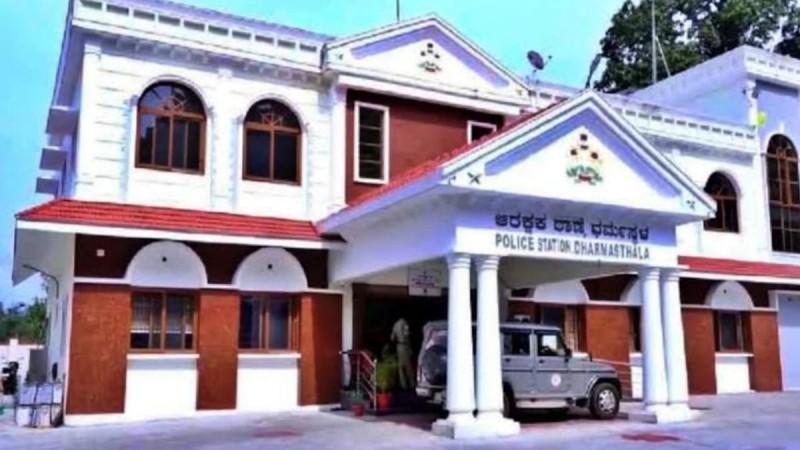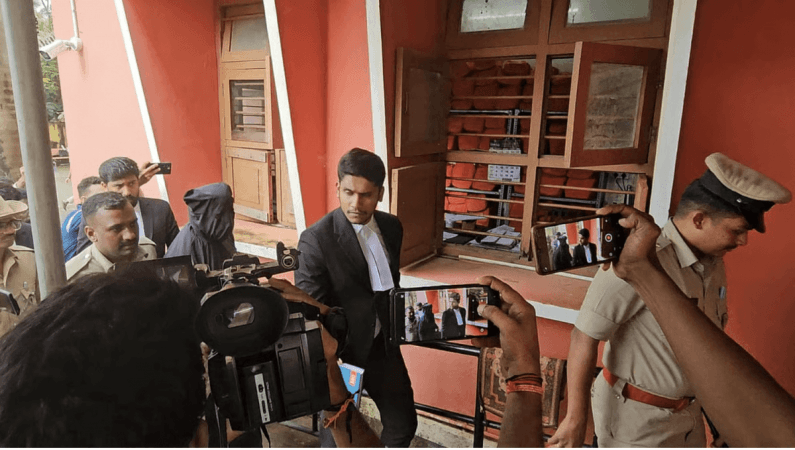
The town of Dharmasthala in Karnataka has been thrust into the national spotlight following allegations of a secret mass burial of women and children within its sacred precincts. These shocking claims, which surfaced over two weeks ago, have ignited widespread public debate and confusion, prompting the Karnataka government to take decisive action by forming a Special Investigation Team (SIT) to probe the matter. The temple administration of Sri Kshetra Dharmasthala, a powerful and influential entity, has finally broken its silence on the issue.
In an official statement released on July 20, the temple authorities expressed their support for a "fair and transparent" investigation, expressing hope that the SIT would uncover the truth. K Parshwanath Jain, the official spokesperson for Sri Kshetra Dharmasthala, stated, "A case was recently registered at the Dharmasthala police station, alleging that multiple dead bodies were buried within temple premises. This has triggered widespread public debate and confusion across the country. In light of public demand for accountability, we understand that the state government has handed over the case to a Special Investigation Team."
The allegations were brought to light by a 48-year-old Dalit man, who was formerly employed as a sanitation worker by the Dharmasthala temple administration. In his complaint, he claimed that he was instructed to bury the bodies of women and children between 1995 and 2014. He further alleged that some of the victims bore signs of sexual assault. To substantiate his claims, he submitted skeletal remains to the police, which were reportedly exhumed from one of the alleged burial sites.

Formation of Special Investigation Team
The formation of the SIT, announced on July 19, is a significant step in addressing the gravity of the allegations. The team is led by Director General of Police (DGP) Pronab Mohanty and includes Deputy Inspector General (DIG) MN Anucheth, Deputy Commissioner of Police (DCP) Soumyalatha SK, and Superintendent of Police (SP) Jitendra Kumar Dayama. The SIT has been tasked with conducting a thorough and impartial investigation, with the aim of bringing the true facts to light.
The case has taken on additional complexity with the emergence of new allegations. A Bengaluru woman, whose daughter went missing in the Dharmasthala temple in 2003, has come forward to file a formal complaint. She alleges that when she confronted the temple authorities about her daughter's disappearance, she was threatened, assaulted, and beaten on the head into a coma. She remained silent for years out of fear for her life. This new complaint has added another layer to the investigation, as the SIT has been directed to handle all current and future cases linked to Dharmasthala.
The investigation has not been without its challenges. The SP has addressed accusations from the complainant's lawyers, who claim that the police have delayed the exhumation of human remains despite the witness's cooperation. The SP clarified that any exhumation will only occur when deemed necessary and legally appropriate by the investigating officer. The process will strictly adhere to legal protocols and cannot be rushed under pressure. Additionally, the police have learned of a petition connected to the case filed before the Hon'ble Supreme Court, a critical piece of information that was not initially shared with the investigation team.
Witness Protection and Legal Proceedings
In a bid to ensure the safety of the complainant, witness protection has been granted. The complainant has recorded his statements before the Principal Civil Judge and JMFC, Belthangady Taluk, under Section 183 of the Bharatiya Nagarik Suraksha Sanhita, corresponding to Section 164 of the Code of Criminal Procedure. However, concerns have been raised by advocates over being barred from the statement recording process, citing the complainant's difficulty with the legal proceedings.
The case has also drawn attention to other disturbing incidents, including the burning of a woman's body whose face had been disfigured with acid, and several instances where the destitute were allegedly suffocated to death in a systematic manner. Advocates Ojaswi Gowda and Sachin Deshpande have urged all 788 Members of Parliament to take note of the case ahead of the Monsoon session, highlighting the need for accountability and justice.
Historically, similar events have occurred where allegations of mass burials and cover-ups have surfaced, leading to public outcry and demands for justice. One such case is the infamous "Nithari killings" in India, where skeletal remains of children were discovered near the residence of a businessman, leading to a high-profile investigation and trial. These cases underscore the importance of thorough investigations and the need for transparency and accountability in addressing allegations of such grave nature.
Related








